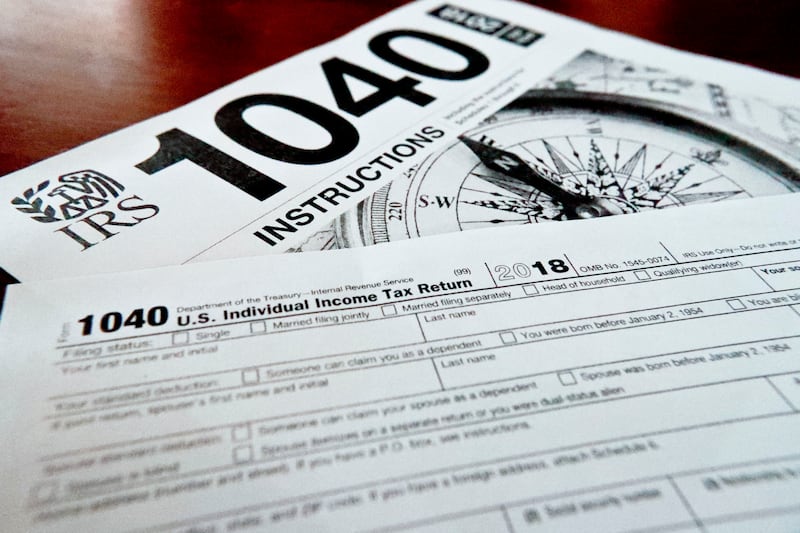In addition to our nation’s semiquincentennial in 2026, this year marks a unique anniversary for Utah. In February 1985, state lawmakers passed property tax legislation known as Truth in Taxation. This law remains one of the most effective and long-standing property tax policies in the country.
Taxpayers consistently rate property taxes as the most hated tax, and lawmakers are left struggling to balance constituent interests and the need to pay for local services. Taxpayer frustration is compounded by skyrocketing housing prices and the increasing property tax bills that come with them. Something has to give.
Property taxes remain an important source of funding for state and local governments because they are stable and are among the most efficient, fairest and least economically harmful taxes. They are mainly used to fund necessary projects and services in the communities from which they are collected such as road construction, police and schools.
Nonetheless, keeping property tax bills manageable is an important part of policymakers’ jobs. To keep these loathsome bills lower, state lawmakers employ a wide range of tools, including property assessment limits, tax rate limits and levy limits. While well-intentioned, these policies ultimately either hamstring local governments, cause gross distortions to local assessment and tax systems, or both.
Legislators in Utah in the mid-1980s faced the same problems many state lawmakers encounter today. Substantial property tax increases from a combination of high inflation and shifting tax burdens increased voter dissatisfaction, leading them to pass Truth in Taxation.
Utah’s unique approach to property tax includes a soft limit on annual revenue collection and strict transparency requirements if tax increases are under consideration. Local officials are not completely stopped from raising money when needed, and taxpayers are both notified and involved in the process. To achieve this delicate balance, a certified (or rollback) rate is calculated each year, keeping the total local revenue the same as the previous year. Officials look at the money raised the year before and figure out what tax rates have to be to make the same amount despite increases in property values.
Forty years on and Truth in Taxation is still in place and well-liked by both lawmakers and taxpayers. The same cannot be said of other laws from the same period like California’s Proposition 13. According to the Tax Foundation, Utah had the seventh lowest property tax in the nation in 2021 and the fourth lowest effective property tax rate in 2023. Truth in Taxation consistently demonstrates its usefulness and other states have taken notice. In the past decade, both Kansas and Nebraska followed Utah’s lead, implementing their own versions of Truth in Taxation legislation.
However, later this summer, several localities in Utah will hold Truth in Taxation hearings including Salt Lake City, Logan, Ivins and the Tooele County School District. Officials are considering the first property tax increases in many years.
Taxpayers in other states should take notice of what Utahns do next in evaluating the value of the proposed spending: schools, law enforcement, city beautification and more are on the table. The inclination will be to raise large sums quickly to pay for improvements, but how will officials put the brakes (or at least some guardrails) on spending? What will they do as new property or business tax revenue comes online?
At these public hearings, taxpayers can voice their opinions on the increase and officials can hold a vote on whether or not to approve the increase. Even more than doing their civic duty by participating, Utah’s taxpayers can, once again, set an example for other states by making it clear that they will only accept projects with a clearly defined public benefit, budgeted as tightly as possible. Truth in Taxation will also become known as Discipline in Taxation, something all taxpayers would be grateful for.


